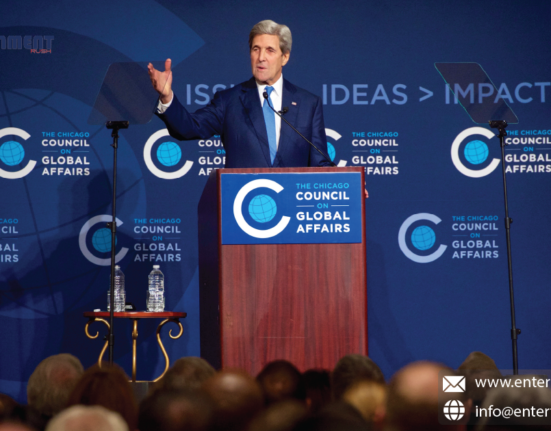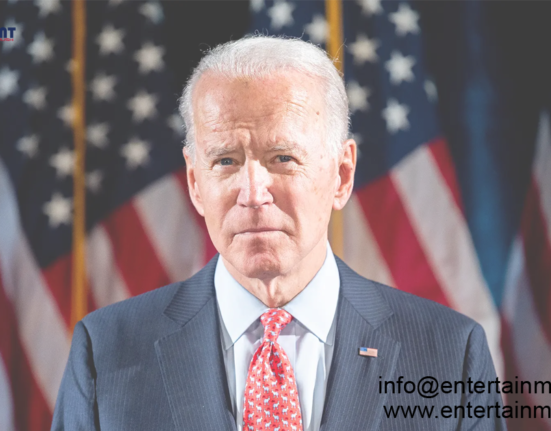The intricate dance of democracy in Pakistan is under scrutiny once again, as the United States raises concerns over alleged ‘electoral abuse’ in the country. This scrutiny isn’t merely a passing shadow; it’s a moment that reverberates through the halls of power in Islamabad, echoing across the diverse landscapes of this South Asian nation. The upcoming congressional hearing looms large, casting a spotlight on the very foundations of Pakistan’s electoral processes and the integrity of its democratic system. This isn’t the first time Pakistan’s democratic mechanisms have come under such intense examination. The history of the nation’s elections is punctuated with moments of controversy, accusations, and debates about the fairness of the electoral playing field. Now, as Pakistan stands on the cusp of another pivotal electoral cycle, the questions of transparency, fairness, and accountability take center stage once more. Each vote, each voice, carries weight in this intricate tapestry of political expression. The United States’ concerns, articulated in the context of this upcoming hearing, underscore the gravity of the situation. It’s a moment that demands reflection not just within Pakistan’s borders but resonates globally as a testament to the enduring struggle for democratic ideals. From the bustling cities to the serene rural landscapes, the pulse of democracy beats steadily, awaiting the clarion call of the people to be heard and respected. In this moment of scrutiny and introspection, the soul of Pakistan’s democracy stands at a crossroads, awaiting the verdict of history and the actions that will shape its future path.
A History of Complex Relations
The relationship between the US and Pakistan has long been complex, marked by periods of cooperation and tension. However, recent developments have brought the issue of electoral transparency to the forefront of diplomatic discussions. The concerns expressed by US officials point to potential irregularities and manipulation in Pakistan’s electoral practices. The upcoming congressional hearing is set to delve into these allegations, with a focus on ensuring fair and free elections in the South Asian nation. Pakistan, a country with a history of political turbulence, has faced accusations of electoral misconduct in the past. Allegations of voter intimidation, ballot tampering, and undue influence have marred the credibility of its electoral processes.
Stakes and Challenges Ahead
For the US, a staunch advocate of democratic values on the global stage, these concerns strike at the heart of its commitment to promoting fair and transparent elections worldwide. The upcoming congressional hearing serves as a platform to address these issues and seek accountability for any alleged violations. The timing of this scrutiny is significant, as Pakistan prepares for its next general elections. The need for a level playing field, where all voices can be heard without fear or favor, is paramount for the legitimacy of the democratic process. Beyond the immediate concerns of electoral integrity, the US is also keenly observing Pakistan’s broader political landscape. The country plays a crucial role in regional stability, particularly in the context of its relations with neighboring India and Afghanistan. As discussions unfold in the congressional hearing, the focus will extend beyond the allegations themselves to the implications for US-Pakistan relations. Balancing the promotion of democratic values with the need for strategic partnerships presents a delicate diplomatic challenge for policymakers. The outcome of the hearing and the subsequent actions taken by both the US and Pakistan will have far-reaching consequences. They will not only shape the future of bilateral relations but also influence perceptions of democracy and governance in the region. In the midst of these discussions, the people of Pakistan remain at the center. Their right to choose their representatives freely and fairly is a fundamental tenet of democracy, one that must be safeguarded at all costs. As the world watches, the congressional hearing on Pakistan’s ‘electoral abuse’ serves as a reminder of the constant vigilance required to uphold democratic principles. It is a call to action for all stakeholders to ensure that the voices of the people are heard, respected, and protected. This extended piece delves deeper into the complexities surrounding the US concerns about Pakistan’s electoral processes, highlighting the broader implications and aspirations of the Pakistani people for a fair and transparent democratic system. The quest for a transparent and accountable electoral process in Pakistan is a shared responsibility that must be pursued with unwavering determination.
Conclusion
In conclusion, the concerns raised by the United States about ‘electoral abuse’ in Pakistan are not just a diplomatic formality. They represent a pivotal moment in the ongoing journey towards a more transparent and accountable democratic process in the country. As the congressional hearing approaches, the hopes and aspirations of millions of Pakistanis hang in the balance. The quest for fair elections, free from manipulation and coercion, is a shared responsibility that requires unwavering commitment from all stakeholders. The world watches with bated breath as Pakistan navigates this critical juncture in its democratic history, hoping that the voices of the people will ring true and clear, shaping the future of the nation for generations to come.








Leave feedback about this